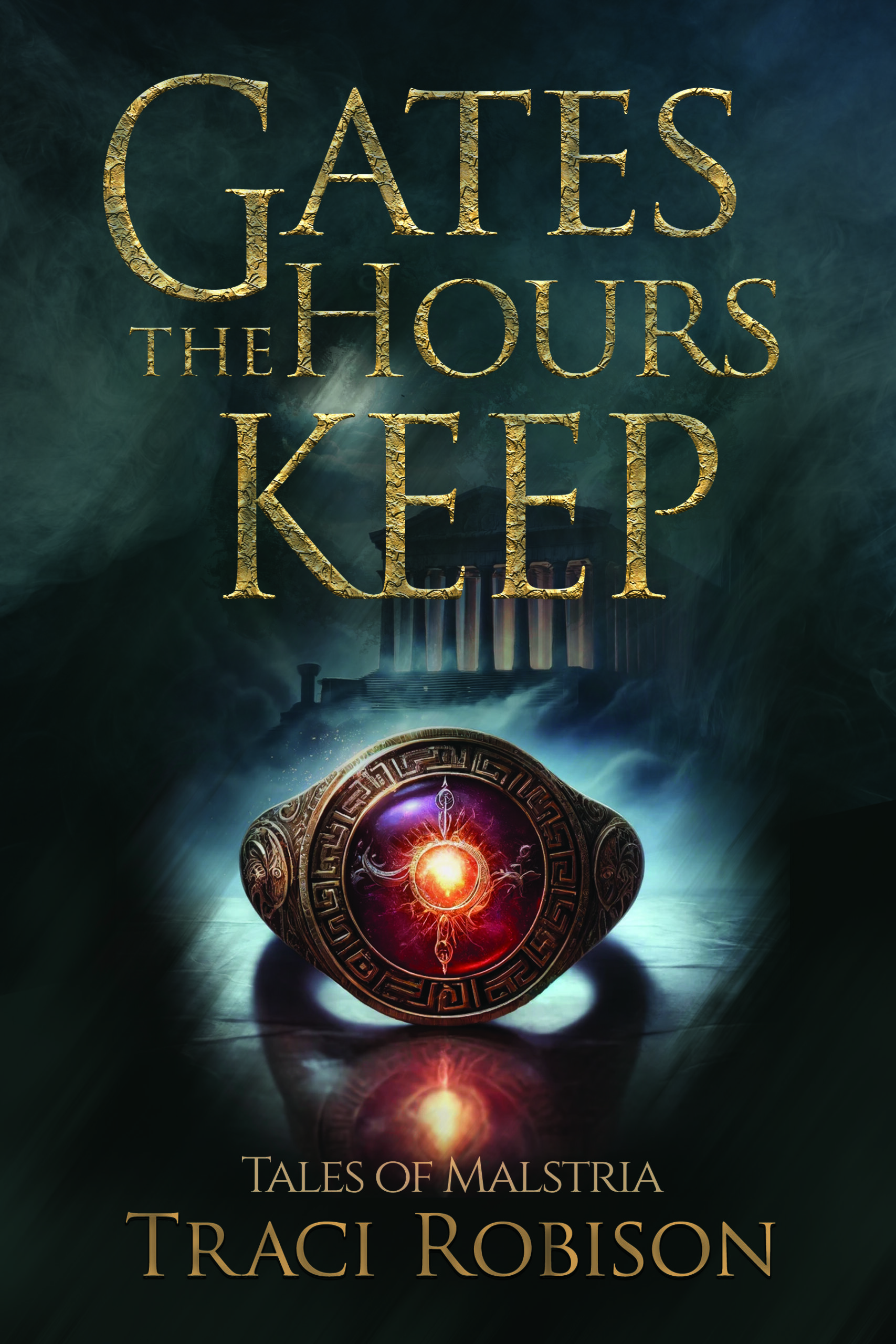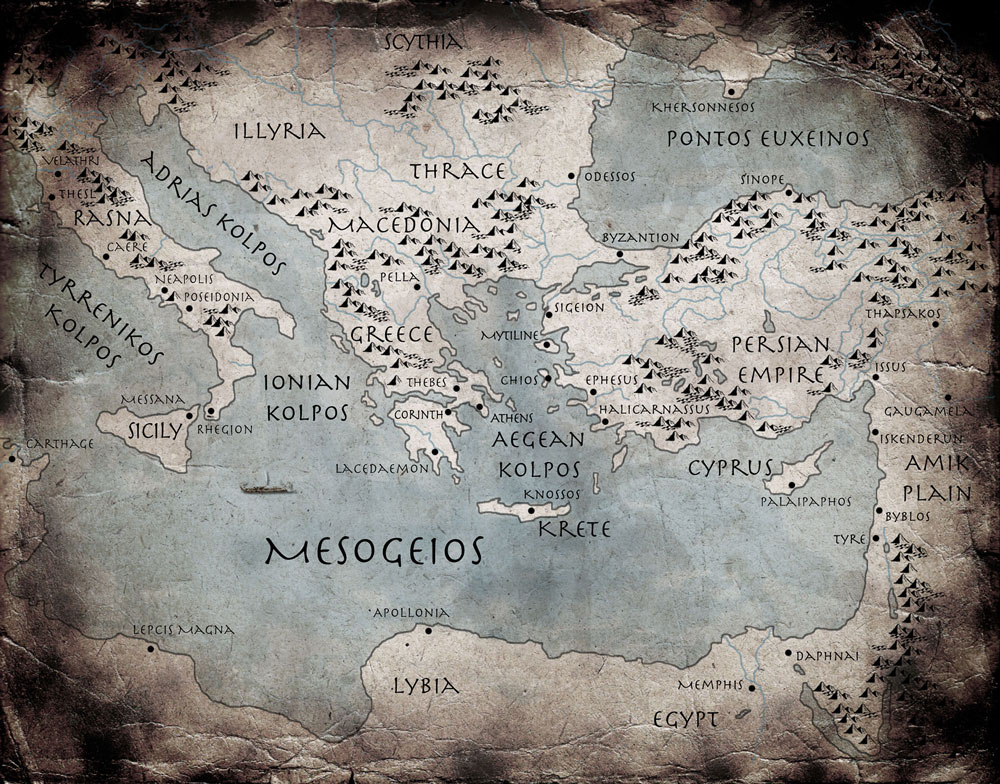Tales of Malstria
The Immortal Damned
“The seeds of death are in you, Leures Vethna, son of Laran king of Thesl. Have you felt them rooting?”
As an apprentice priest to the god Aplu, Leures Vethna has learned to read omens in myriad objects and events. The moment he sees Diomedes of Thebes, he knows the Greek mercenary has been sent to take him from his Etruscan homeland to a greater destiny. He does not foresee that fate will lead him to the farthermost regions of the known world, where he and Diomedes will sell their services to Darius III against Alexander the Great. But, no matter how far he travels, Leures cannot escape the curse he has carried from his youth, and he is constantly aware of death dogging his heels. Broken in battle and dwelling in a camp where men are dying nightly, he feels life’s joy seeping away until a strange, willful woman resurrects him. When Diomedes senses she is not what she seems, Leures must choose between his beloved friend and the woman who holds his future.
Paperback
Available on Amazon
eBook
Available on Amazon
Audiobook
Available on Audible
Excerpt
“The Door of Rath,” he’d told me, “is opened only in times of great peril when all other hopes are failing. What lies beneath is dangerous.”
The altar was limestone, its edges round and soft as if made of melting wax. The stone’s pocked gray face had the greenish cast of putrid flesh. The symbols carved on its sides were too shallow to read and, even if they were less time-worn, they looked like no letters I’d learned.
Atop the altar was a slab of the same green gray, imperfectly fitted and rough-cut, undecorated and hastily made from the look of it. The slab covered a hole broad enough to fit a small child or lamb, and in the years when Thesl had no wall or palace or temple high atop its hill, many such sacrifices had slaked Rath’s hunger. But, Rath is a tempestuous god, and his hunger ever-grows when he’s tasted blood.
“Only if Thesl faces destruction,” Velthr had explained. “Only if our enemies are too many and too strong and plentiful enough to feed his need. Only then should a priest open the door and call on Rath.”
I knew I was doing a great wrong when I slid the slab from the altar-top. I knew all other gods might forsake me for opening that door, but I felt already abandoned.
I stripped off my tunic, the wheat-hued wool striped and splattered with my blood, and I wiped the oozing mess of my face with it. I soaked that wool scarlet with my own un-dammed soul and shivered, staring down into the hole’s endless blackness.
I bargained my blood for Ati’s life and my father’s damnation. “Leures Vethna Laranisa lauchum Thesl tur Rathl svalsul mis. Tesum mal Ucresia ativu Leuresal thui, etnam trina mis apa Laran hinthial hech.”
An odor of rotting leaves and stale water rose from the hole. The air from within, hitting my face, seemed warmer than the chill at my back.
No gift binds a god’s promise better than blood, and to give Rath my own was to offer myself wholly. I only wished I had something sharp to carve the promise into the slab and seal the bargain, unbreakable, with written words.
I could see the shirt only a moment as it plummeted through grayness to blackness. I didn’t hear it land and imagined the shaft stretched down to Eita’s hall, where Vanth and Charu would take my father when Rath snatched away his life.
Behind me a raven’s call knifed the stillness. Loud and hoarse, it repeated and faded as he flew overhead. A poor omen–he was flying north.
I left Rath’s door open, but only a few steps away the unease crawling up my spine turned me back. The limestone lid scraped the altar like the grind of gritted teeth. It was heavier than when I’d shoved it open–as if some force fought to keep the cover off.
Outside the grove the air and sky had grown as thick and gray as within. Sea fog slid up the shore and caressed the hills with low, languid tentacles of mist.
I shivered, shirtless, and let my heavy head dip toward my chest. Now and again a drop of blood landed on the path, and, with it, lazy rain speckled the packed earth in a dull mosaic of damp and parched browns. By the time I neared the city gate, the sky was the green of Charu’s face and retching hailstones the size of finch eggs. I scarcely felt the pelting hail, such petty pain compared to the throb of my face.
I stopped before the gate and turned back to study the storm. A broad white bolt flashed up from the grove and exploded across the northern sky, a fist of light bursting open to spread a dozen crooked fingers. A single breath of blackness, a shadow of smoke, floated from the treetops and vanished, slowly bleeding into the gray.
In all my training I hadn’t encountered such a sign. Watching it fade into the mist, I couldn’t fill my lungs. Only the shallowest breath came, and, that, I fought for as if the vapor had seeped inside me and hardened.
Audio Sample
Tales Of Malstria
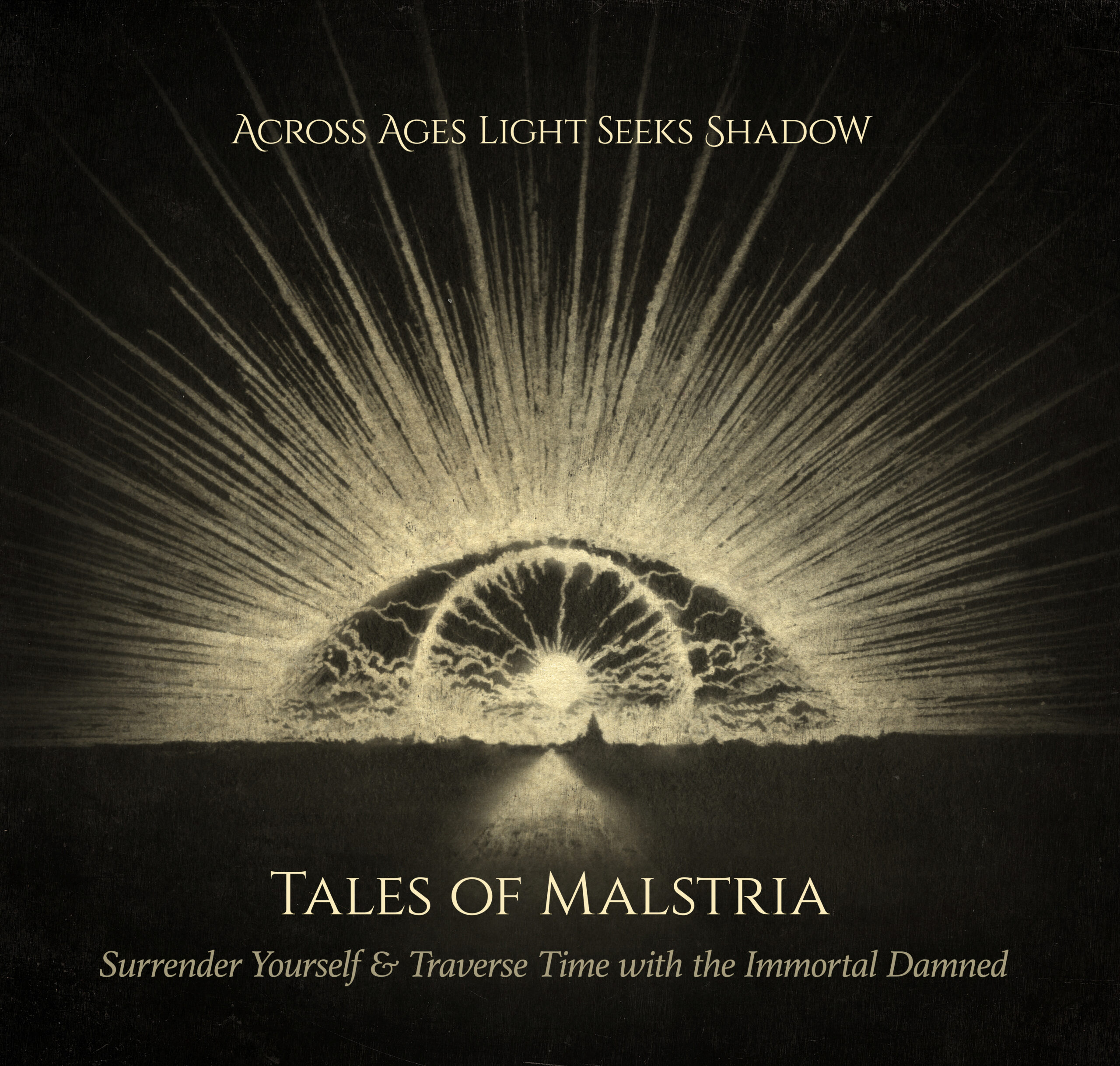
Every rocking wave buoyed us a little farther from Thesl and closer to freedom. I’d tasted more privilege and opportunity than any slave-born boys I’d known. As Laran’s son, I was special, and yet, I wasn’t free. No one asked if I wanted to be priest or miner; merchant or guardsmen or dancing boy. Willful as I was, I knew little of making choices. I was bidden and I obeyed more-or-less, and that might make me apt to become a soldier, but it didn’t make me a whole-minded man.
Map
Characters Of Gates The Hours Keep
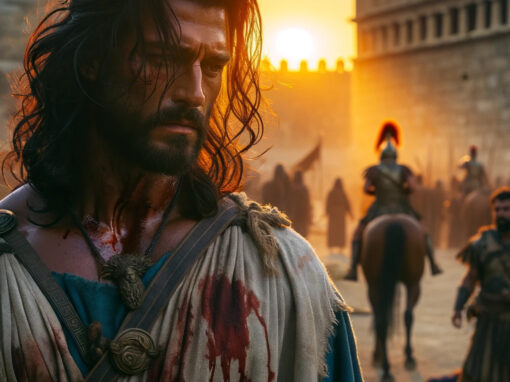
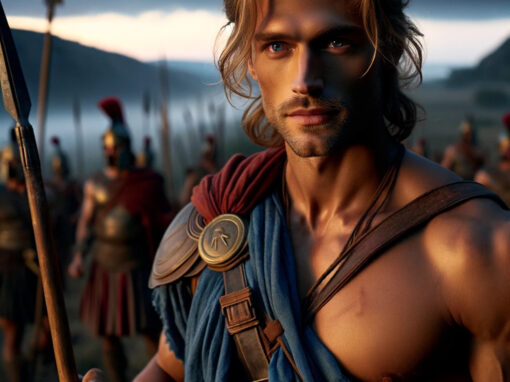
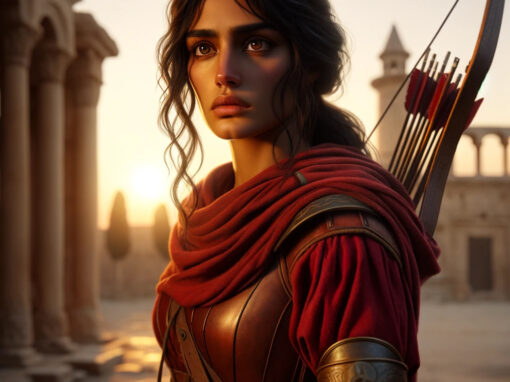
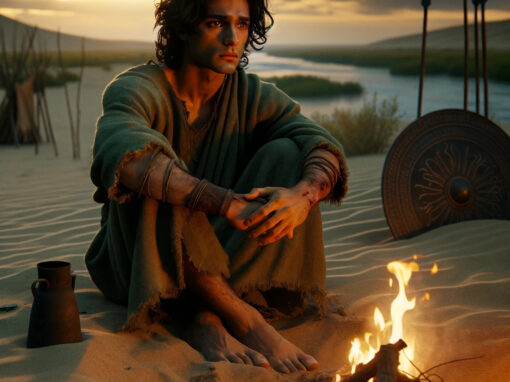




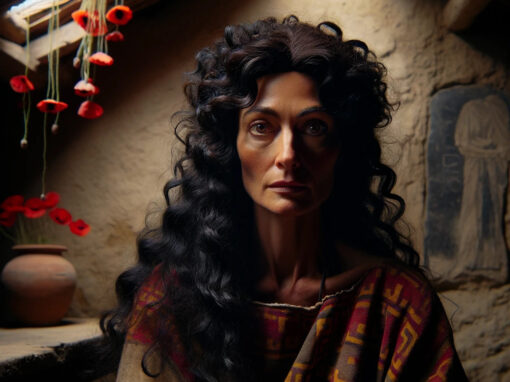
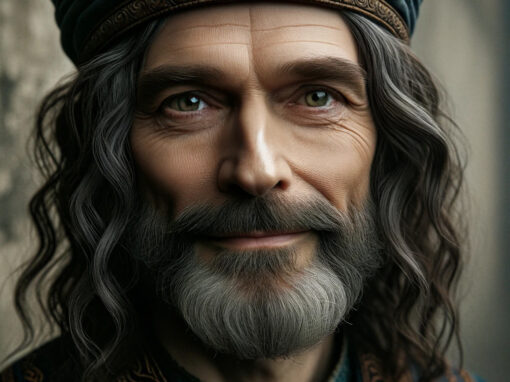

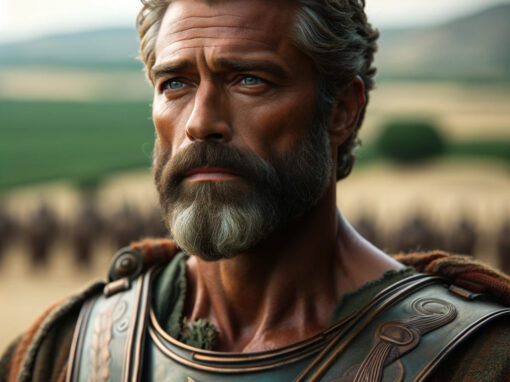
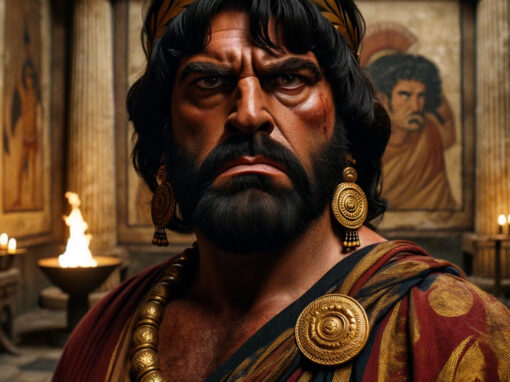
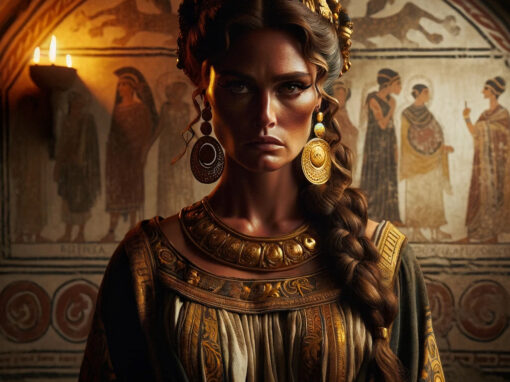



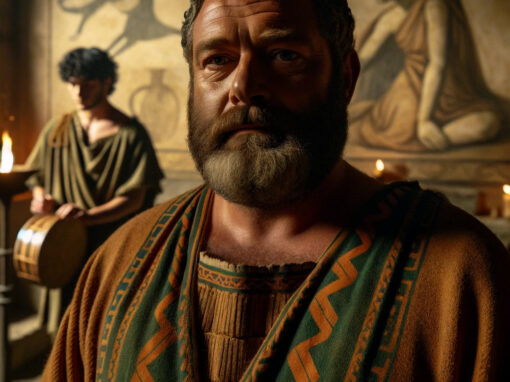

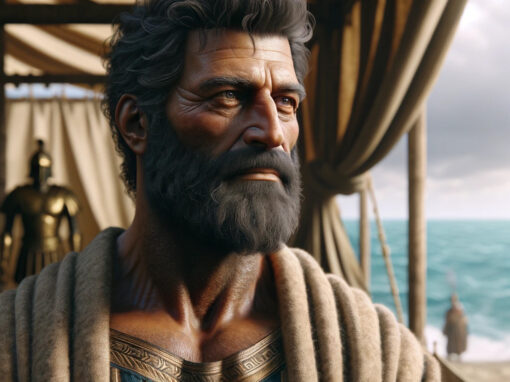
Above, I’ve included all of the main characters in Gates the Hours Keep. But, if there’s a character I’ve neglected to include and you’d like to know more about, just contact me and I’d be happy to include it.
The more the merrier!
Join My Mailing List
Sign up now and you’ll receive the latest news and special offers
straight to your inbox!
Q&A
Q Gates the Hours Keep covers a lot of geographic territory. Was it hard keeping the sense of place when it changed so frequently?
Q Leures loves sweet foods. Is there a hint of you in his character?
Q There’s an underlying sadness to Leures. Do you think he’ll ever be truly happy?
Q Did Greeks really fight for the Persians against Alexander the Great?
Q What was your inspiration for Mahamari’s character?
Music That Inspires
- Viva La Vida – Coldplay
- Forty One Ways – Azam Ali
- New Divide – LINKIN PARK
- Nightshade – Rhea’s Obsession
- Desert Garden – VAST
- In Chains – Depeche Mode
- Endless – Dave Gahan
- What I’ve Done – LINKIN PARK
- Hector’s Death – James Horner
- Delusion – Rhea’s Obsession

Contact Me
Do you have questions about Gates The Hours Keep? If so, just ask and I’d be happy to answer!
Blooper Reel
I’ve put a great deal of time and energy creating a product you’ll love.
But, if you find a misspelling or grammatical error please contact me so that I can make the necessary correction to improve enjoyability for future readers.
Thank you!
Research for Gates The Hours Keep
Avalon Project, Ancient Documents
ETANA: Electronic Tools and Ancient Near Eastern Archives
Internet Ancient History Sourcebook
Adkins, Lesley, and Adkins, Roy. Handbook to Life in Ancient Greece. New York: Facts on File, 1997.
Allison, Penelope Mary. Pompeian Households: An Analysis of Material Culture. Los Angeles: Cotsen Institute of Archaeology at University of California, Los Angeles, 2004.
Ault, Bradley A. Ancient Greek Houses and Households: Chronological, Regional, and Social Diversity. Edited by Bradley A. Ault and Lisa C. Philadelphia: University of Pennsylvania Press, 2005.
Baker, Rosalie F., and Baker, Charles F. III. Ancient Romans: Expanding the Classical Traditions. New York: Oxford University Press, 1998.
Bonfante, Larissa. Out of Etruria: Etruscan Influence North and South. Oxford: B.A.R., 1981.
Bottéro, Jean, et al. Everyday Life in Ancient Mesopotamia. Translated by Antonia Nevill. Baltimore Md.: Johns Hopkins University Press, 2001.
Bradley, K. R. Slavery and Society at Rome. Cambridge; New York: Cambridge University Press, 1994.
Bradley, K. R. Slaves and Masters in the Roman Empire: A Study in Social Control. Bruxelles: Litmus, 1984.
Brosius, Maria. Women in Ancient Persia, 559-331 B.C. Oxford: Clarendon, 1998.
Burstein, Stanley Mayer. The Reign of Cleopatra. Westport Conn.: Greenwood Press, 2004.
Butterworth, Alex, and Laurence, Ray. Pompeii: The Living City. New York: Routledge, 1994.
Butts, Mary. Scenes from the Life of Cleopatra. Los Angeles: Sun & Moon Press, 1994.
Cantor, Norman, and Ranieri, Dee. Alexander the Great: Journey to the End of the Earth. New York: HarperCollins Publishers, 2005.
Charles-Picard, Gilbert. Carthage by Gilbert Picard. Translated by Miriam and Lionel Kochan. London: Elek Books, 1964.
Charles-Picard, Gilbert, and Charles-Picard, Colette. Daily Life in Carthage at the Time of Hannibal. Translated by A. E. Foster. New York: Macmillan, 1961.
De Grummond, Nancy Thomson. Etruscan Myth, Sacred History, and Legend. Philadelphia, PA: University of Pennsylvania Museum of Archaeology and Anthropology, 2006.
De Grummond, Nancy Thomson, et al. The Religion of the Etruscans. Austin: University of Texas Press, 2006.
Dixon, Suzanne. Reading Roman Women: Sources, Genres, and Real Life. London: Duckworth, 2001.
Edey, Maitland Armstrong. The Sea Traders. New York: Time-Life Books, 1974.
Fagan, Garrett G. The Lure of the Arena: Social Psychology and the Crowd at the Roman Games. Cambridge; New York: Cambridge University Press, 2011.
Faraone, Christopher A., and McClure, Laura. Prostitutes and Courtesans in the Ancient World. Edited by Christopher A. Faraone and Laura K. McClure. Madison, Wis.: University of Wisconsin Press, 2006.
Flamarion, Edith, and Bonfante-Warren, Alexander. Cleopatra: The Life and Death of a Pharaoh. New York: Harry Abrams, 1997.
Gardner, Jane F. Women in Roman Law & Society. London: Croom Helm, 1986.
Gokhale, Balkrishna Govind, and Rao, Vasant, D.Ancient Indian History and Culture, with Maps and Illustrations. Bombay: A. R. Sheth, 1972.
Hammond, N. G. L.The Genius of Alexander the Great. Chapel Hill: University of North Carolina Press, 1997.
Harrel-Courtès, Henry. Etruscan Italy. Edinburgh: Oliver & Boyd, 1964.
Heckel, Waldemar.The Conquests of Alexander the Great. Cambridge; New York: Cambridge University Press, 2008.
Hunt, Peter. Slaves, Warfare, and Ideology in the Greek Historians. Cambridge; New York: Cambridge University Press, 1998.
Huzar, Eleanor Goltz. Mark Antony: A Biography. Minneapolis: University of Minnesota Press, 1978.
Johnson, Marguerite, and Ryan, Terry. Sexuality in Greek and Roman Society and Literature: A Sourcebook. London; New York: Routledge, 2005.
Keers, Robert Young. Pulmonary Tuberculosis: A Journey Down the Centuries. London: Baillière Tindall, 1978.
Knapp, Robert C. Invisible Romans. Cambridge: Harvard University Press, 2011.
Köhne, Eckart, et al. Gladiators and Caesars: The Power of Spectacle in Ancient Rome. Edited by Eckart Köhne and Cornelia Ewialeben. Berkeley: University of California Press, 2000.
Kyle, Donald G. Spectacles of Death in Ancient Rome. London; New York: Routledge, 1998.
Lappin, Linda. The Etruscans. Galway, Ireland: Wynkin deWorde, 2004.
Laurence, Ray. Roman Pompeii: Space and Society. London; New York: Routledge, 1994.
Lawrence, D. H., and De Filippis, Simonetta. Sketches of Etruscan places and Other Italian Essays. Cambridge; New York: Cambridge University Press, 1992.
Lehmann, Rosamond. A Note in Music. London: Virago Press, 1982.
Livy, and Luce, T. James. The Rise of Rome: Books One to Five. Translated by T. J. Luce. Oxford; New York: Oxford University Press, 1998.
Mackay, Ernest John Henry, and Mackay, Dorothy Mary. Early Indus Civilization. London: Luzac, 1948.
Markoe, Glenn. Phoenicians. Berkeley: University of California Press, 2000.
McKechnie, Paul. Outsiders in the Greek Cities in the Fourth Century B.C. London; New York: Routledge, 1989.
Murgatroyd, Paul. Mythical Monsters in Classical Literature. London: Duckworth, 2007.
Nappo, Salvatore. Pompeii: Guide to the Lost City. London: Weidenfield & Nicolson, 1998.
Nemet-Nejat, Karen Rhea. Daily Life in Ancient Mesopotamia. Westport, Conn.: Greenwood Press, 1998.
Nevett, Lisa C. Domestic Space in Classical Antiquity. New York: Cambridge University Press, 2010.
Nevett, Lisa C. House and Society in the Ancient Greek World. Cambridge; New York: Cambridge University Press, 1999.
Oates, Joan. Babylon. London: Thames and Hudson, 1979.
Parke, H. W. Greek Mercenary Soldiers: From the Earliest Times to the Battle of Ipsus. Chicago: Ares, 1981.
Parpola, Simo, and Whiting, Robert M. Assyria 1995: Proceedings of the 10th Anniversary Symposium of Neo-Assyrian Text Corpus Project. Helsinki: The Project, 1997.
Pedley, John Griffiths. New Light on Ancient Carthage. Edited by John Griffiths Pedley. Ann Arbor: University of Michigan Press, 1980.
Potter, D. S., and Mattingly, D. J. Life, Death, and Entertainment in the Roman Empire. Ann Arbor: University of Michigan Press, 1999.
Rhodes, Dennis E. Dennis of Etruria: The Life of George Dennis. London, C. & A. Woolf, 1973.
Roochnik, David. Retrieving the Ancients: An Introduction to Greek Philosophy. Malden, MA: Blackwell Pub., 2004.
Royster, Francesca T. Becoming Cleopatra: The Shifting Image of an Icon. New York: Palsgrave Macmillan, 2003.
Shields, Christopher John. The Blackwell Guide to Ancient Philosophy. Malden, MA: Blackwell Pub., 2003.
Skinner, Marilyn B. Sexuality in Greek and Roman Culture. Malden, MA: Blackwell, 2005.
Smith, Christopher John. The Etruscans: A Very Short Introduction. Oxford; New York: Oxford University Press, 2014.
Soren, David, et al. Carthage: Uncovering the Mysteries and Splendors of Ancient Tunisia. New York: Simon and Schuster, 1990.
Southern, Pat. Ancient Rome: The Republic 753 BC – 30 BC. Stroud: Amberley, 2011.
Stoneman, Richard. Alexander the Great: A Life in Legend. New Haven: Conn; London: Yale University Press, 2008.
Suggs, H. W. F. Civilization Before Greece and Rome. London: Batsford, 1989.
Suggs, H. W. F. The Greatness that was Babylon: A Survey of the Ancient Civilization of the Tigris-Euphrates Valley. London: Thames and Hudson, 1979.
Tritle, Lawrence A. The Greek World in the Fourth Century: From the Fall of the Athenian Empire to the Successors of Alexander. Edited by Lawrence A. Tritle. London; New York: Routledge, 1997.
Tube, Jonathan N. Canaanites. University of Oklahoma Press, 1998.
Tuplin, Christopher. Achaemenid Studies. Stuttgart: F. Steiner, 1996.
Turfa, Jean Macintosh, et al. Votives, Places and Rituals in Etruscan Religion: Studies in Honor of Jean Macintosh Turfa. Edited by Margarita Gleba and Hilary Becker. Leiden; Boston: Brill, 2009.
Vacano, O. W. von. The Etruscans in the Ancient World. Translated by Sheila Ann Ogilvie. Bloomington: Indiana University Press, 1960.
Wees, Hans van. Greek Warfare: Myths and Realities. London: Duckworth, 2004.
Wistrand, Magnus. Entertainment and Violence in Ancient Rome: The Attitudes of Roman Writers of the First Century A.D. Göteburg: Acta Universitatis Gothoburgensis, 1992.

